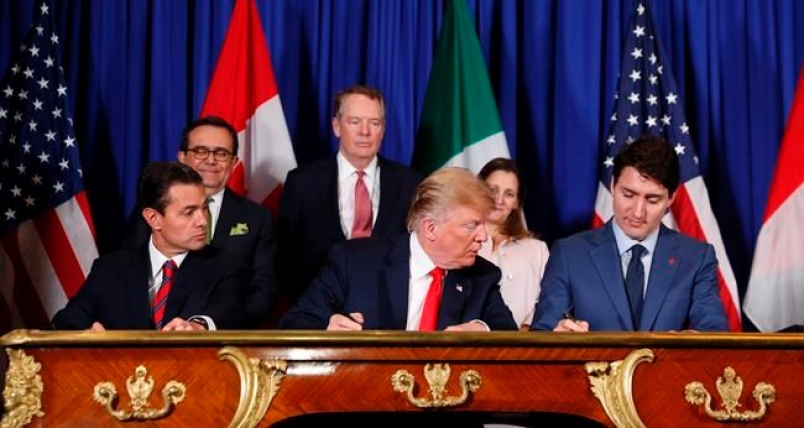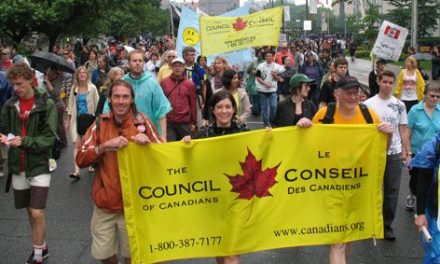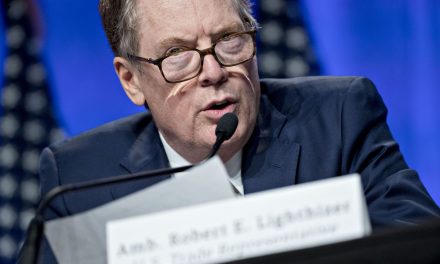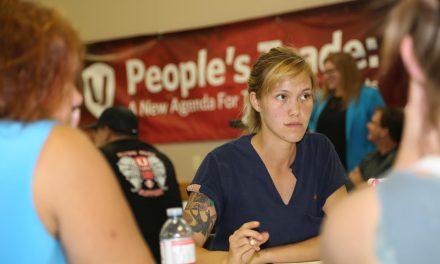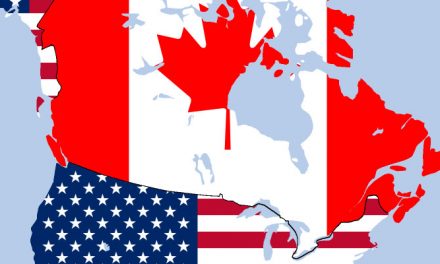On September 30, 2018, a month after the U.S. and Mexico moved toward replacing the North American Free Trade Agreement (NAFTA), Canada joined to produce a new continental trade agreement. The new pact, as highlighted in the article below (written just after Canada signed on) focused especially on securing automotive jobs in the U.S. and Canada. The two governments celebrated the agreement, joined especially by the leadership of Unifor, representing Canadian autoworkers. The American autoworker’s union, the UAW, was more cautious and the Mexican government was relieved that the pressures to limit production in Mexico were restrained. Within weeks, General Motors (GM) dramatically confirmed the limits of the agreement, announcing the closure of four plants in the U.S. and the remaining GM facility in Oshawa.
Autoworkers in Canada and U.S. were furious with GM, yet the solutions proposed focused on identifying Mexico, with its low wages, as the problem. When NAFTA was being negotiated in the mid-1990s, the great promise to Mexico was that it would bring pervasive economic development, with rising wages and incomes that brought workers and farmers into the ‘middle class’. Mexico did receive a great deal of U.S. investment in certain sectors as a result of NAFTA, but as in the U.S. and Canada, the promises of free trade were overwhelmingly not fulfilled. Like working people to the North, neither the investments of private corporations, nor free trade pacts (which have been more about corporate freedoms and guarantees), nor the cynical policies and assurances of governments, brought Mexican workers richer lives and hopeful futures for their children.
The point for workers in all three countries is to escape the repeated false promises of recent decades and keep our eye on the failures of our own economic and political elites. The challenge is to learn from the experience of worsening insecurity and class inequality and – finally – to start addressing the larger, radical changes we will need to make at home and in our relationship to international capital if we want better lives.

